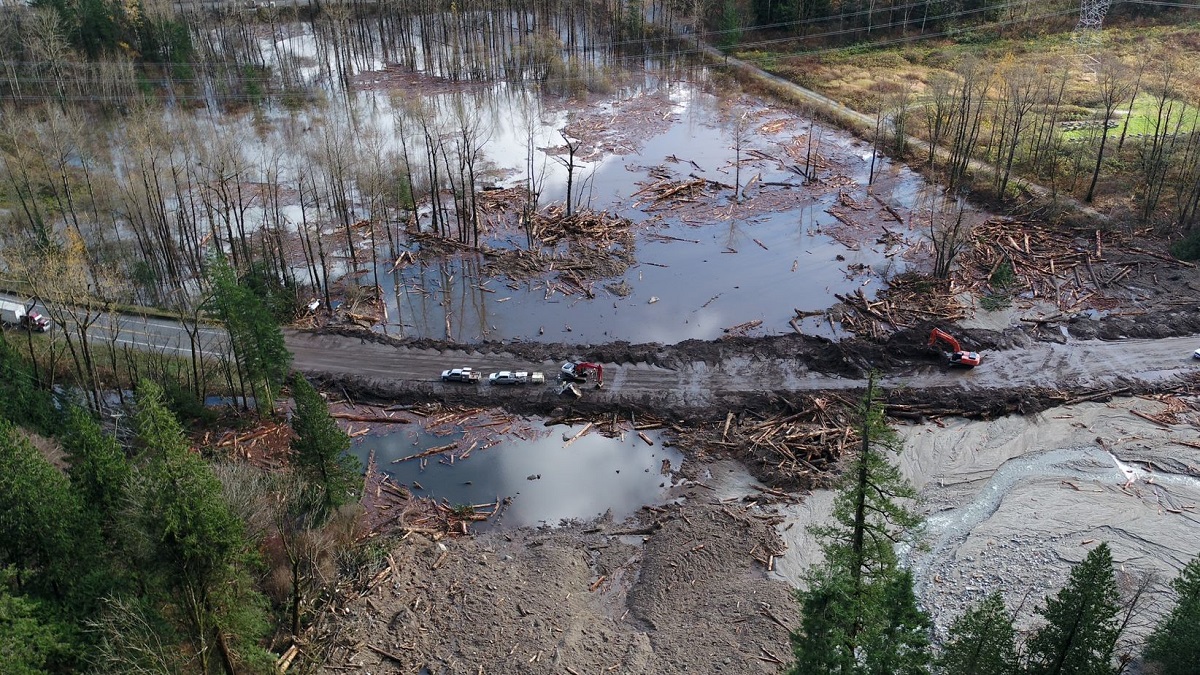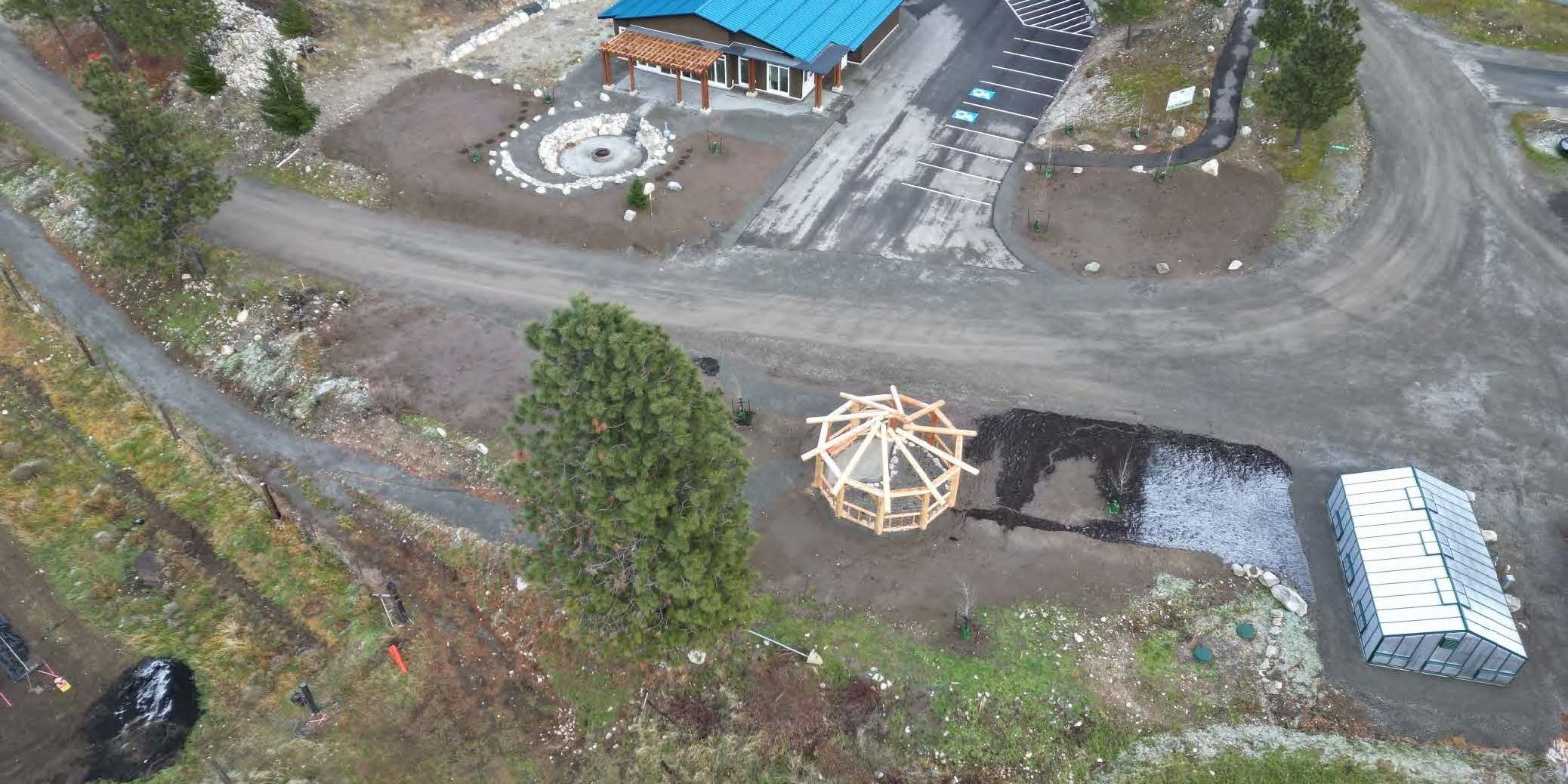BC Ministry of Transportation and Infrastructure Culvert Vulnerability Asset Management System
2022 | British Columbia
The rain and flooding that struck Southwestern BC in November 2021 devasted roads, bridges, culverts, and railways, cutting off routes to Metro Vancouver and the rest of Canada and leaving many communities stranded. To support the BC Ministry of Transportation and Infrastructure’s (the Ministry’s) subsequent Resilient Highway Infrastructure Adaptation Program, the Ministry hired McElhanney to develop a new Culvert Vulnerability Asset Management System that helped identify, analyze, and map the most at-risk culverts across the province. The program aimed to understand the vulnerability of existing infrastructure to impacts such as climate change.
The McElhanney team commenced a two-phase work plan in 2022:
Phase 1 focused on information collection and data analysis that led to the development of a web-based application. The application used information on infrastructure, physiography, climate change, hydrometrics, transportation patterns, and environmental values to determine each culvert’s vulnerability rating based on projected flows, hydraulic capacity, and consequence factors. Understanding vulnerability is key to asset management; however, McElhanney pushed this concept further to define what vulnerability means in terms of climate change on a provincial level.
Phase 2 focused on refining the web application using recommendations of first-hand Ministry field staff experiences. This refinement process resulted in improved functionality that enabled tracking of updated infrastructure, the addition of spatial data, and the ability to categorize structures requiring replacement.
The Transportation Association of Canada (TAC) recognized this project with the 2023 Technical Achievement Award in the Climate Action Achievement category. This award recognizes initiatives that demonstrate excellence in mitigating emissions from transportation that cause climate change, and/or improving the resiliency of transportation systems in response to climate change. Finalists and the winning award are selected by evaluation criteria regarding innovation, transferability, and project outcome.
Being recognized for our work in sustainability and climate change on a national level is a testament to McElhanney’s continued growth and excellence in this field.
McElhanney provided:
- Interest holder engagement
- Hydrotechnical analysis
- Geospatial analysis consequence assessment
- Dashboard production


